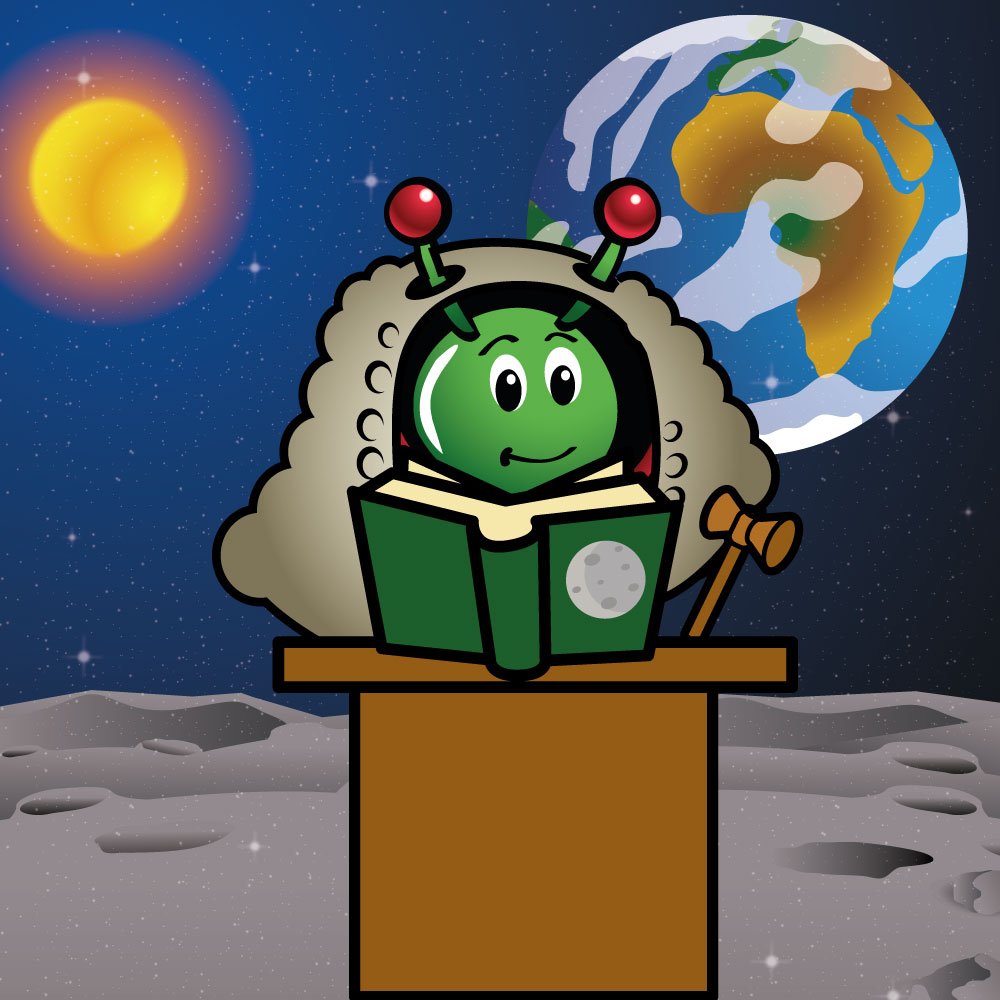Moon Constitution – How would a future lunar community be organised?
In this resource, pupils will debate some organisational and social characteristics of a future settlement on the Moon and relate it to their local community.
The students will be guided through the activity using a set of debate questions, to which the students can respond with their opinions on whether they agree or not using a smiley or sad card.
Subject: Science, Social Studies The students will be guided through the activity using a set of debate questions, to which the students can respond with their opinions on whether they agree or not using a smiley or sad card.
Learning Objectives:
Age range:
8-12 years old
Time
Lesson: 45 minutes
Resource available in:
Activity 1: Building a community on the Moon
In this activity, students will debate and research some of the issues that a future settlement on the Moon may face.
They will then write their own version of the “Moon Constitution”.
They will then write their own version of the “Moon Constitution”.
Equipment
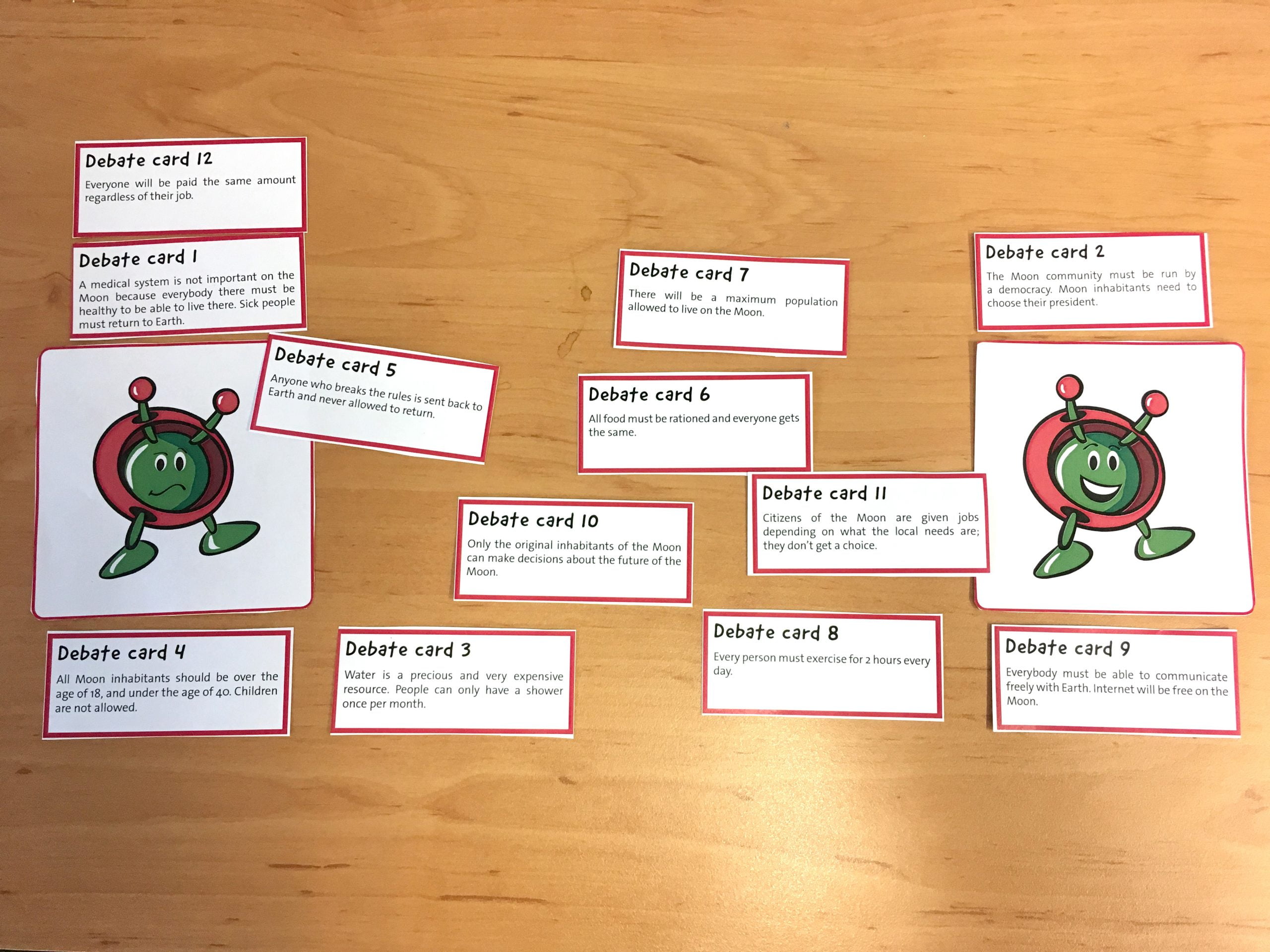
Did you know?
On the Moon, the Sun will be the main source of energy, and it will be extremely important for lunar exploration.
Solar ovens on the Moon could be used to transform the lunar soil (regolith) into bricks, which could then be used in the construction of infrastructure on the Moon.
These solar ovens could reach temperatures of over 1000ºC
Solar ovens on the Moon could be used to transform the lunar soil (regolith) into bricks, which could then be used in the construction of infrastructure on the Moon.
These solar ovens could reach temperatures of over 1000ºC
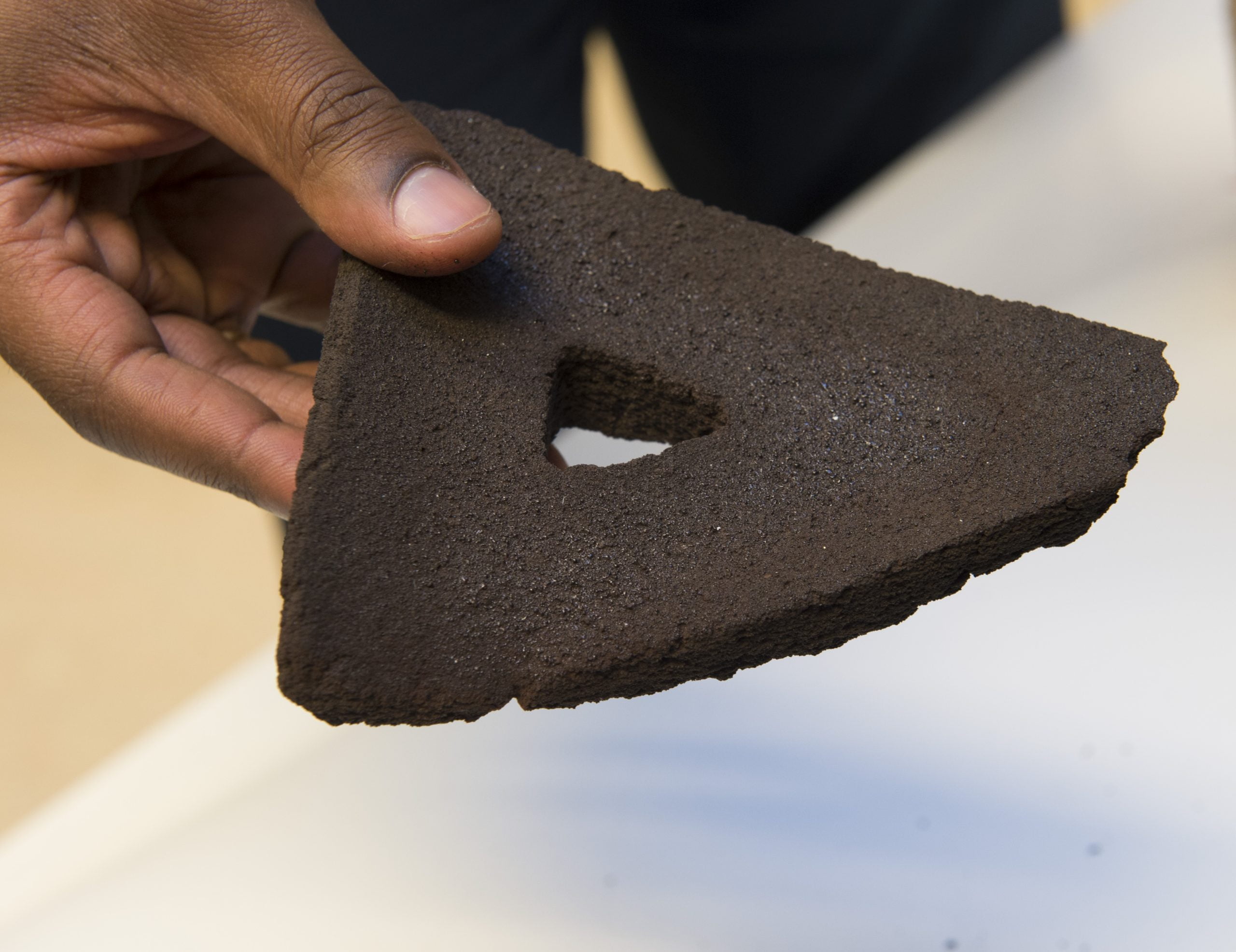
A 3D printed brick made from lunar soil in a solar oven
Keywords:
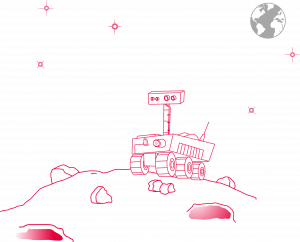
Moon Rover – Building a solar powered rover
Brief description: In this activity, students will compare the advantages and disadvantages of renewable energy sources and non-renewable energy sources and study simple electrical circuits.
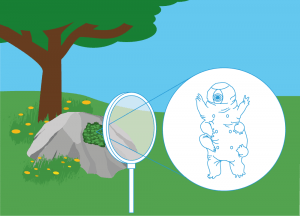
Space Bears – Lab-experience with Tardigrades
Brief description: In this set of experimental activities, students will investigate the survival abilities of tardigrades, also known as water bears. They will expose conditions
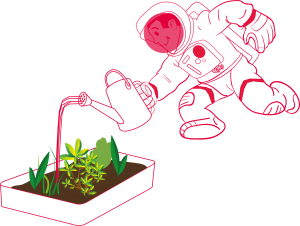
AstroFarmer – Learning about conditions for plant growth
Brief description: In this set of six activities, students will investigate which factors affect plant growth, and relate these factors to growing plants in space.

